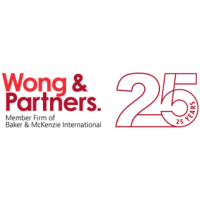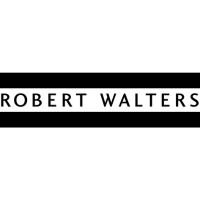

Head of legal, Malaysia, Australia and Philippines | OSRAM Opto Semiconductors




Lynette Quah
Head of legal, Malaysia, Australia and Philippines | OSRAM Opto Semiconductors
What are the most significant cases or transactions that your legal team has recently been involved in?
In the past few years, Malaysia has been attracting high value and capital-intensive projects in the manufacturing sector, particularly in Kulim and Batu Kawan. OSRAM, in its strategic planning, is not left behind in its goal of optimisation and expansion of its manufacturing footprint.
As the Malaysian lead counsel, I have been working directly with project management within tight timelines to construct a 95k sqm backend assembly factory, among others. In line with these massive projects, the legal team has also been involved in overseeing external counsel in the drafting, review, and negotiations of construction contracts. They have played a role as part of the core team in investor relations and investor related contracts and are directly involved in the drafting and negotiation of various supply, service and installation agreements and submissions for licenses and permits.
What are some of your main tips for dealing with a crisis?
I do not believe in “remaining calm” or “taking a step back” in the face of crisis. This is particularly because we are in a department that is usually the last stop for urgent action. So, I believe the best way to deal with a crisis is to prepare for it by:
Thinking in layers: Always anticipate risk based on the facts you have, assume the worst would happen, and have several backup plans. I have learned from experience that facts change often – sometimes daily.
Act and communicate: No plan would work if you do not act when the crisis hits. Communication plays a key role at this point; identify and notify the key stakeholders, gather all relevant information, filter out speculation and stick to facts, and then activate the plan according to the data available.
Reassess impact: After taking action to mitigate the crisis, take a step back and consider what else can be done to contain any adverse impact on the project or the wider business.
How important is choosing to work with external lawyers who align with your company’s values? Are you likely to reconsider what firms you work with based on this?
Alignment with company values is extremely important; we would not hesitate to switch firms or request a change of lawyer in charge within a firm, if the firm or its individual lawyers are not able to empathise with the culture, policies, and values of the company.
How do you suggest in-house lawyers build strong relationships with business partners?
Make them understand your point of view and address the misconception that all we do is to police them.
My procurement director did not understand why the words “shall” or “may” took two weeks of negotiations. I had to explain that the only person we care about when we get the contract signed, is the judge sitting on the bench reading that contract. Nobody reads the contract again after it is signed, until a dispute happens, and we need words that will enable the judge to rule in our favour.
Unlearn being a lawyer, descend from that ivory tower; we are now the bridge between our business partners and the external legal. Our role is to provide business partners with legally compliant business solutions, and not act as a roadblock each time they try to close a deal.